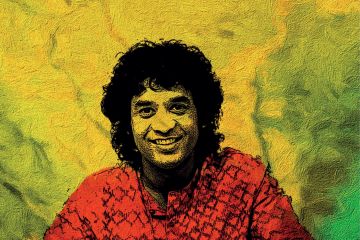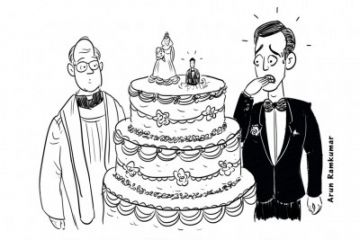
The Pakistani media
has a come a long way over the years. From an industry comprising a handful of
newspapers and a couple of news channels, of which two were state-owned, it now
has close to 100 TV channels covering sports, local and international news,
entertainment, religion, fashion, and so on.
The previous
government and the incumbent can take credit for this growth and for freedom of
expression. But the freedom has come at a cost. Though free to report on issues
tabooed in the pas





